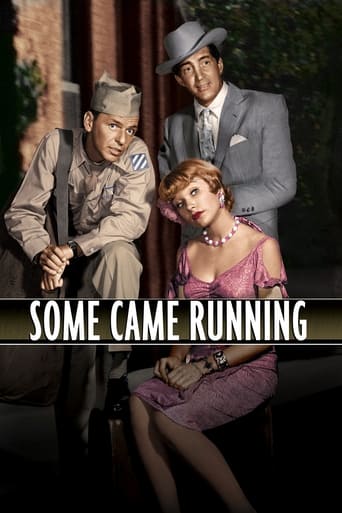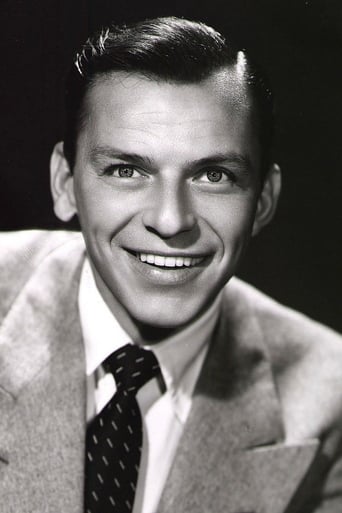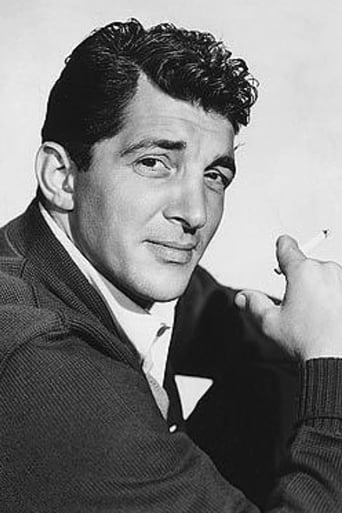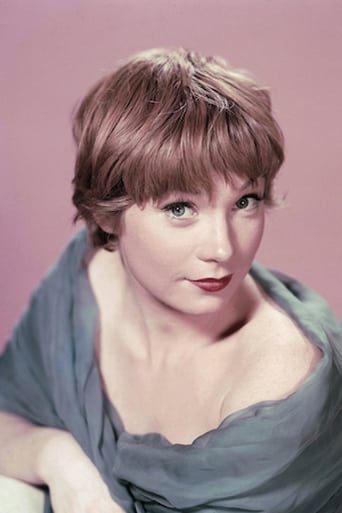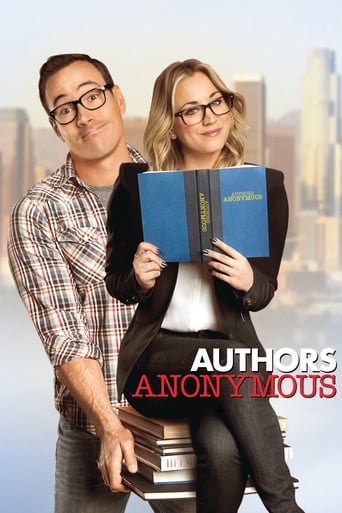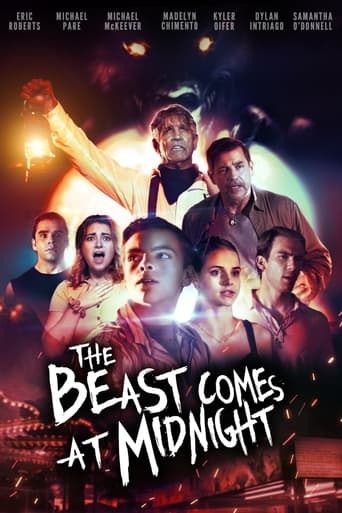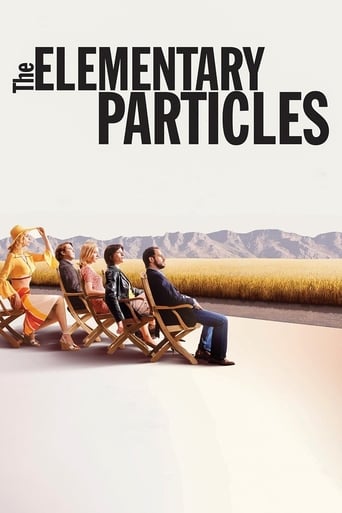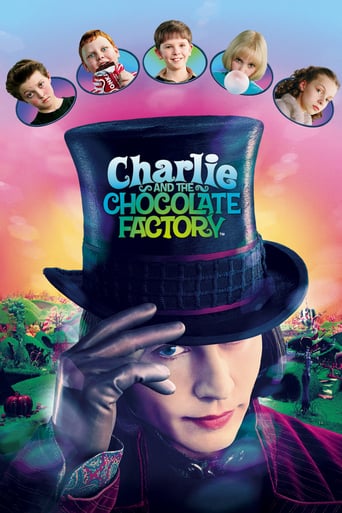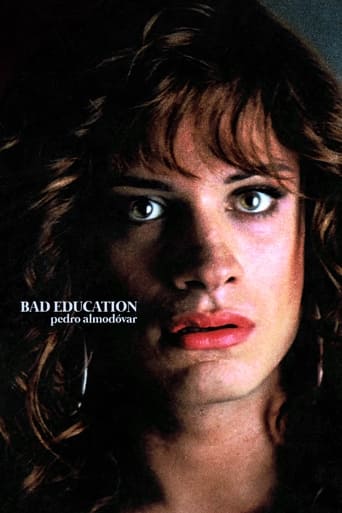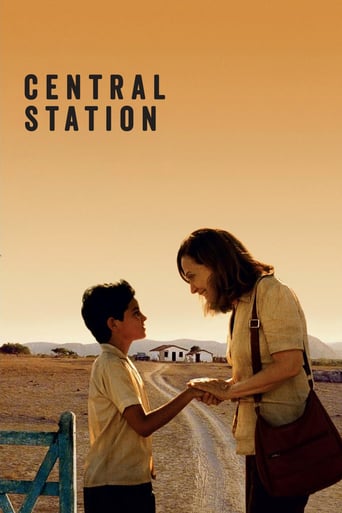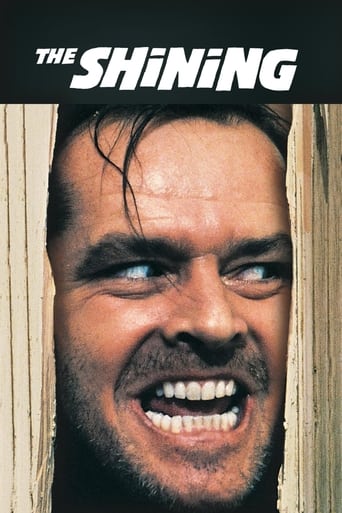Some Came Running (1958)
Hard-drinking novelist Dave Hirsh returns home after being gone for years. His brother wants Dave to settle down and introduces him to English teacher Gwen French. Moody Dave resents his brother and spends his days hanging out with Bama Dillert, a professional gambler who parties late into the night. Torn between the admiring Gwen and Ginny Moorehead, an easy woman who loves him, Dave grows increasingly angry.
Watch Trailer
Cast


Similar titles
Reviews
the audience applauded
Nice effects though.
I wanted to but couldn't!
The movie's neither hopeful in contrived ways, nor hopeless in different contrived ways. Somehow it manages to be wonderful
This is a good drama set in the small town of Parkman, Indiana, in 1946 after the war. Frank Sinatra stars in this movie version of James Jones's second novel, as he had in Jones's first novel, From Here to Eternity (1953).This story depicts a post-war "Coming Home" type of story about a soldier trying adjust to a small gossipy town, where he was never really wanted in the first place--at least by his brother (Arthur Kennedy) and his family who view him as the black sheep of the family.On the one hand, Sinatra's character is viewed as an aspiring and gifted writer that is appreciated by a local school teacher (Martha Hyer) and her wealthy professorial father (Larry Gates). On the other hand, he is viewed by the local newspaper and town gossip, as a no-good drifting drinker and gambler who hangs around cheap bars with his floozy pickup girl (Shirley MacLaine) and his locally acquired gambling partner (Dean Martin). Torn between these two worlds threatens to tear him apart.
This film is based upon a novel by James Jones of the same title. He was the author of FROM HERE TO ETERNITY, filmed five years before this by Fred Zinnemann. Vincente Minelli's attempt here to make a James Jones blockbuster did not have quite the impact of the former film, but Shirley MacLaine's performance is such a masterpiece of pathos that from one end of America to another at the time of this film's release, no one could easily wipe away the tears after seeing her portray Ginnie Moorehead, with her small, struggling brain, but her heart the size of the world. This was the film that revealed Shirley MacLaine as one of the most brilliant young actresses in American cinema, a view amply confirmed a few years later when she appeared in THE APARTMENT (1960). MacLaine's spontaneity, vividness, warmth, and intuitive understanding of her character make this film a classic, whatever else it may have or lack. Martha Hyer also gives a splendid performance of great complexity as a woman who prefers the dreamworld of literature to real life, and when faced with a marriage proposal from an author whose works she adores, obstinately refuses to leave the dream for the reality. Frank Sinatra is the unexpected choice to play Dave Hirsh, a novelist of great talent not only with the pen but with the bottle, lacerated by self-loathing and equally keen to remain in his dream of being a bum and a self-destructive drunk. When Fred Zinnemann rescued Sinatra from the scrap heap and cast him in FROM HERE TO ETERNITY, it electrified everyone, because the washed-up crooner from Hoboken suddenly showed everybody he could act. Nobody had ever expected that of him, as he was thought to be merely a singer who excited the 'bobby-soxers', as teenage girls were then known, of the 1940s and who had passed his sing-by date. And so his second career as a superstar unexpectedly began, hence his casting in this second James Jones film. He does a very good job of acting here too, but at the cost of some subtlety to the story. I have not read the novel, but I doubt that Jones's anti-hero was meant to be quite as coarse as Sinatra naturally was. At the beginning of the film, Sinatra returns to his small town home in Indiana beside the Ohio River (which is seen in great panoramic location shots from hilltops) after four years in the Army, checks into a hotel, and is seen unpacking novels by John Steinbeck, William Faulkner, and Thomas Wolfe. No matter how hard one stretches one's imagination one cannot visualize Frank Sinatra reading any of those! In other words, more subtle casting of the main character would have made for a much better film. The character as portrayed by Sinatra arouses not the slightest hint of sympathy in the viewer, and he is merely a rather disgusting and self-pitying lush and womanizer with the coarse manners of a street urchin. Hence this could never be great cinema, despite all the efforts of MacLaine and Hyer to raise it to the higher level of a genuine tragedy. There is no doubt that Sinatra is watchable, but then Bob Hope playing Hamlet would also be watchable, wouldn't he? If Sinatra had betrayed the slightest hint of human compassion in his role (and it would seem, would it not, that that must be a prerequisite for someone who is supposed to be such a marvellous novelist himself?), then this film could have coalesced into the vision its author must have intended. Oh well, flawed projects litter the highway of the cinema, like wrecked cars. Some of themes of this story became over-familiar through the years. I am referring to the talented writer who 'can't come home again' as Thomas Wolfe put it. They returned to their small towns in the American hinterland and found that they were alienated from those surroundings because their horizons had become too expanded, and they came up against an insuperable barrier, what is often called 'the small town mentality'. Of course, these days there is no such resonance, since American small towns have largely ceased to exist in the sense that they once did. They are no longer self-contained, their Main Streets are deserted and all their former shops, once filled with throngs of locals buying the necessities of life, are now charity shops, all the shopping has moved to the malls, all the townspeople have become obese mountains of wobbling human flesh who cannot get out of their cars to walk down a street because of junk food, and outsiders dash in and out on the interstate highway system, heedless of local traditions and caring nothing for where they are, other than as a temporary convenience before they move to the next town. The small towns are gone, except as skeletons like those of the dinosaurs in the natural history museums, and stories like this are thus historical tales dating from a vanished age when they really mattered. All of the angst suffered by the James Joneses and Thomas Wolfes trying unsuccessfully to return home to their small town origins are as far from contemporary reality as the voyages of Odysseus (Ulysses) as he struggled to return home to Ithaca. It is thus that a lot of the 'zing' has gone out of this film because younger people cannot 'get it'. They no longer know, and if they did, they would no longer care, what the attempt to 'come home again' to the small town once meant for sensitive souls who had outgrown the chrysalis. Now there is no Home anymore, there is only Facebook. And there is never any trouble returning to Facebook, for your 1000 best friends are there waiting to ignore you and will not bite back. In fact, people like Frank Sinatra are welcome, since on the internet you cannot smell whisky on people's breath.
"We become Second Hand Men. That's what I like to call it. Second Hand to everything. Second Hand to our jobs, to our country's military strategy, to the money we make or hope to make and then can't spend, to taxes, to our children, Second Hand, even, to the cause of world peace. Three hundred years ago, at our age, we'd be about ready to die. If we weren't dead already. But now we can go on living for a long time yet, if we want to, in a Second Hand sort of way." - James Jones After the success of "From Here To Eternity", a James Jones adaptation which starred Frank Sinatra and which won several Academy Awards, Metro-Goldwyn-Mayer set about adapting Jones' "Some Came Running". The director for the task? Vincente Minnelli, hot property in the era, but now, sadly, a director somewhat forgotten.MGM's "From Here To Eternity" missed the point of Jones' wonderful novel. Minnelli, though, identifies with his material. The film works as a prequel to his "The Sandpiper", continues the director's fondness for artists and tortured outcasts and features another Minnelli "hero" who's self destructive, a cynic, maintains a certain self-imposed isolation, and who rejects a staid, conformist, conservative and deeply hypocritical world.Our "hero's" name? US army officer Dave Hirsch, a malcontent middle ager who finds himself thrust into the heart of small town America. The place offends him, but Hirsch manages to cope by latching onto a series of outcasts, gamblers and drunks. A romantic relationship with a school teacher points toward possible rehabilitation – she promises to lift Hirsch out of his slump - but their relationship quickly goes sour; she's attracted in him only insofar as he epitomizes your typical, romanticised, suffering artist.The film becomes increasingly bitter. Hirsch, we realise, has no drive, no motivation, and prefers to dive into alcohol and the dark recesses of local bars. At rock bottom, he then makes a bizarre gesture; he marries a lost, dull witted, simple girl. Everyone's shocked, but the act makes sense to Hirsch. He can't function in the world, it has turned its back on him, and so he embraces the dregs. But is this only a gesture of defeat? Does Hirsch, perhaps, also see something genuinely wonderful about his new bride? The rest of the film watches as Hirsch attempts to integrate three perhaps incompatible worlds: the sophisticate world of big money, the sleazy dives he frequents, and the isolated, sensitive life of a writer.Aesthetically, "Some Came Running" is typical of Minnelli; big, melodramatic and lush. Perhaps because he's accustomed to filming musical numbers, the film trades mostly in middle, wide and long shots, with close ups being rare. Director Jacques Rivette would say that the film neglects its actors and that Minnelli "left his three great actors working in a void, with no one watching them or listening to them from behind the camera", but that's not quite true. You sense that Minnelli identifies with Hirsch. James Jones certainly did. The character was very loosely based on Jones' own fears and inclinations as a young writer."Some Came Running" occupies an odd space in cinema history. Like the works of Nicholas Ray, Douglas Sirk etc, it broadened the possibilities of the melodrama. It would influence "Five Easy Pieces", "Contempt" and would be praised heavily by the likes of Richard Linklater, Godard, Scorsese and the Cashier du Cinema crew. The film also reverses Minnelli's "Meet Me In St Louis", which waxed nostalgic about small town virtues, by being preoccupied with small town vices. In this way the film was also part of a wave of "lets look behind the suburban facade" 1950s melodramas, which expanded upon post-war noir cynicism and delved behind the moral and sexual hypocrisies of angelic, suburban communities. Such films almost seemed to have laid the groundwork for the tumultuous 1960s."Some Came Running" is overlong, features opulent Technicolour imagery, an Elmer Bernstein score, and co-stars Dean Martin and Shirley MacLaine. Sinatra gets the bulk of the film's very good one-liners.8/10 – One of Minnelli's best. See "In A Lonely Place".
The screen adaptation of James Jones' novel is little more than a transparent, third-person daydream, presenting every writer's inflated image of himself as the tough, honest, alienated, misunderstood, sensitive, handsome stranger who changes the lives of a stereotypical small town community, from the attractive (but sexually repressed) schoolmarm to the dimwitted (but kindhearted) floozy. Most of the actors are likewise typecast: rat-packers Dean Martin and Frank Sinatra (who owed Jones a debt of gratitude for his comeback role in 'From Here to Eternity') do a lot of drinking and card playing; Shirley MacLaine is her usual nutty self; and poor Arthur Kennedy sleepwalks resignedly through his thankless role as the rebel writer's conservative older brother. The film can still be entertaining if seen as a dated post-war soap opera, and here I freely admit my opinions might have been compromised by seeing the film on VHS: the colorful wide-screen production is totally lost in the pan-and-scan video format, leaving the impression that some vital action always occurring just out of frame.

